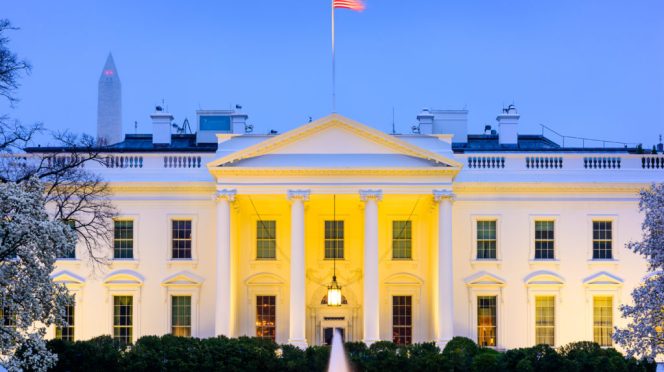Swiss Federal Parliament in Bern, Switzerland. Stock image.
The trade imbalances that prompted President Donald Trump to slap hefty levies on Swiss imports have been driven by a small industry at the center of the world’s gold market.
The country is the world’s biggest gold-refining hub, thanks to a longstanding reputation for quality and discretion. Billions of dollars worth of gold is constantly flowing into and out of the nation, from mines in South America and Africa to banks in London and New York.
Flows of the precious metal cause big swings in the country’s trade balances, even if the Swiss refiners capture only a small portion of the value of the commerce.
Bullion is by far the country’s largest export good, according to Simon J. Evenett of IMD Business School. “Gold is special,” Evenett said. “It isn’t really manufactured in Switzerland. Processed is a better word.”
The impact of the industry is more important than ever as the Trump administration focuses on leveling trade deficits. Record bullion exports of more than $36 billion made up more than two-thirds of Switzerland’s trade surplus with the US in the first quarter, according to Swiss customs data.
The US president’s decision to slap tariffs of 39% on all Swiss imports has caused a shock in the country, with the government having previously been confident it would avoid heavy duties. US Trade Representative Jamieson Greer said the tariffs reflect the balance of commerce with America and the country’s willingness to address its trade deficit.
The recent flood of gold imports into the US was largely in response to a potentially lucrative trans-Atlantic arbitrage opportunity opened up by concerns the precious metal could get caught up in sweeping US import duties.
Traders in Europe wanted to deliver bullion to New York to capture premium prices, but first they needed their metal recast from the 400-ounce bars standard in London — the largest gold trading venue — into the 1 kilo or 100oz bars required by the US-based Comex exchange. That made Switzerland’s gold refiners a crucial node in the arbitrage.
In the second quarter, that flow reversed after bullion was exempted from Trump’s tariffs, leading US prices to fall back into line with the benchmark spot price in London. Switzerland saw a net inflow of well over $1 billion of gold over the period. The exemption means that Switzerland’s future gold exports probably wouldn’t be hit by the new 39% levy.
Despite the vast sums involved in the bullion trade, refining is a relatively small business. Switzerland only has five companies producing investment-grade gold, most of whom only employ a couple of hundred people. While the price of the gold that passes through the refineries has surged to nearly $3,500 an ounce this year, the refiners will usually only capture a couple of dollars of that price when they recast a bar.
The Swiss National Bank had addressed the issue earlier this year in a paper, arguing that outsized gold exports to the US shouldn’t be included when analyzing the trade relationship between the two economies.
(By Jan-Henrik Förster and Jack Ryan)













